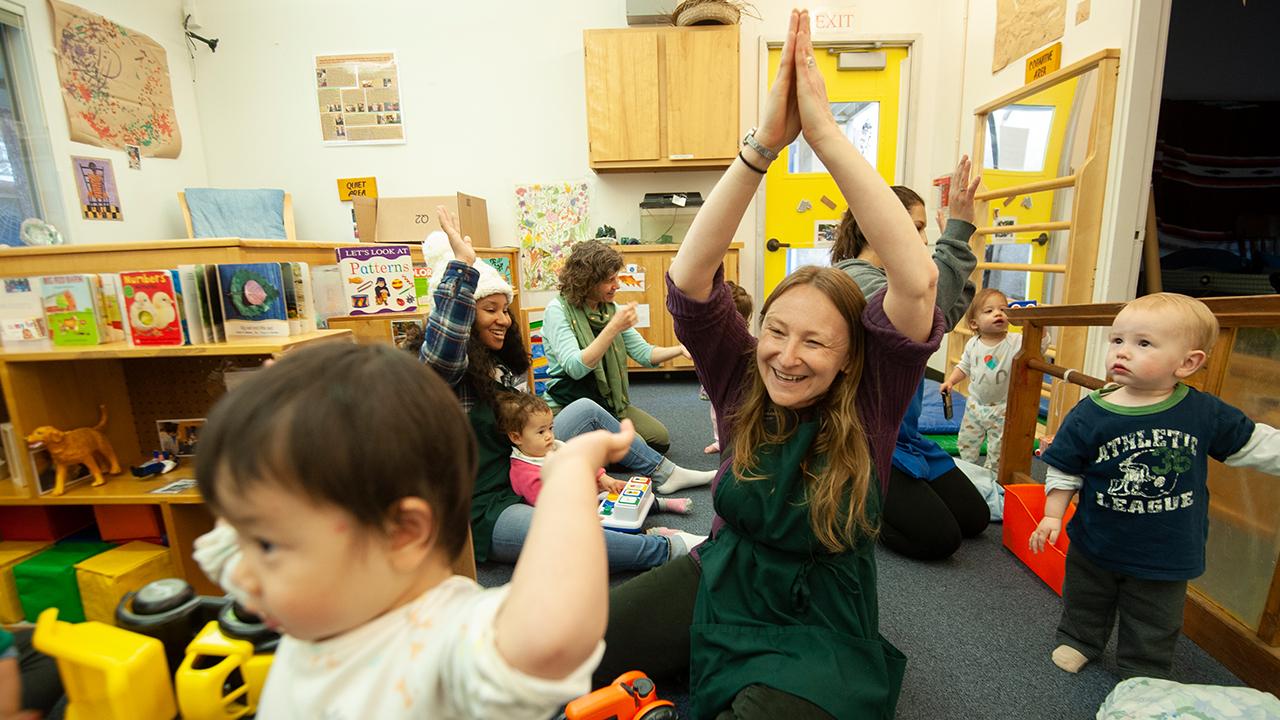
A Message From the Dean - May 2019
A commitment to human well-being is one of our core strengths
The College of Agricultural and Environmental Sciences is well known for its work in agriculture and the environment, but it also contributes important knowledge for improving the health and well-being of children, youth and families. Our researchers put into practice the idea that investment early in life prevents problems and social issues later. Human sciences are very much a part of our land-grant mission to serve the public.
Many land-grant leaders framed the land-grant mission as building a healthy democracy, emphasizing active participation in the administration of programs and coordinating participation with technical expertise. Agricultural improvement certainly was on their minds, but so was human well-being and the vitality of our communities.
This vision not only implies bringing knowledge to homes and communities but also carrying knowledge back to universities about whether or not those concepts and ideas work for people and their communities. As one historian put it, “science and art meet life and practice (resulting) not only in better agriculture, industries, homes, and communities, but better colleges.” This exchange of ideas informs our research, makes us better and more engaged teachers and strengthens our outreach. We are a stronger institution when we focus on the needs of people who benefit from our work.
Although much has changed in our university and in society, essential elements of the original land-grant mission and vision remain relevant. Our college’s current work in child and youth development spans multiple disciplines, among them human development, food science, nutrition, community development, landscape architecture and agricultural economics. College scientists draw on both laboratory and socioeconomic analysis—from brain neuroscience and the gut microbiome to studies of the impact of poverty on children, youth and families, to how whole communities are adjusting to climate change. Working with a broad range of campus and community partners in public health, medicine and related fields (including the arts and humanities), our research seeks to promote health and well-being at multiple scales (individual, family, community, region, state, nation, world) and across all racial, ethnic and socioeconomic groups.
Research in the social and human sciences often intersects with that of colleagues in the environmental and agricultural sciences. Approaches like One Health make us increasingly aware that efforts to prevent disease and improve health outcomes require integrated knowledge of the interconnections between plants, animals and people. Similarly, work in environmental toxicology, food chemistry and environmental justice reveals insights and patterns that inform efforts to prevent and treat maladies such as autism, cancer and depression. Many of the resulting strategies lead back to basic questions about how we grow crops with nutritional goals in mind, how we educate schoolchildren about growing, preparing, and eating food, and how agriculture interacts with surrounding communities.
By embracing the diverse strengths in our college and remembering how science intersects with the human experience, we are better prepared to serve society and to develop innovative approaches to meet the challenges we face.